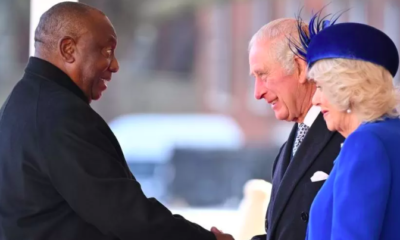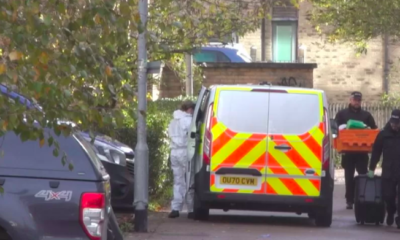
Ambassadors from the 27 EU member states have unanimously approved the EU-UK post-Brexit trade deal, paving the way for it to take effect.
The arrangement is probably going to become law on 1 January, as the UK Parliament is relied upon to favor it on Wednesday. Under EU rules it can produce results temporarily, however the European Parliament will decide on it in January. The arrangement sets the structure for exchange once the UK leaves the EU single market and customs association in four days’ time. The arrangement, which finished nine months of dealings, will be affirmed by every one of the 27 EU governments recorded as a hard copy at 15:00 (14:00 GMT) on Tuesday, the German EU administration said. They have had three days to break down the subtleties of the EU-UK Trade and Co-activity Agreement, since its distribution. Yet, the greater part of the 1,246-page report had just been seen by part states in earlier weeks. The arrangement closes almost 50 years of UK participation of the coalition, covering a huge range of approaches other than those overseeing basic exchange rules. UK set for ‘rough’ period as new EU rules come in. 10 things to search for in the Brexit bargain. UK Prime Minister Boris Johnson tweeted that he had addressed European Council President Charles Michel about the arrangement and its approaching endorsement by EU governments. “I invited the significance of the UK/EU Agreement as another beginning stage for our relationship, between sovereign equivalents,” he said. “We anticipated the proper approval of the arrangement and to cooperating on shared needs, for example, handling environmental change.” There was a lot of help that the convoluted exchanges – including a minute ago wrangling over fish quantities – at long last finished on Christmas Eve. The no-bargain situation would have implied returning to World Trade Organization (WTO) rules on 1 January, eminently the prompt inconvenience of levies – import charges – and amounts on a tremendous scope of products. The levies on some food things would have been half or higher.
A Brexit bargain has been concurred, days before a cutoff time. It implies that the UK and the EU can keep on exchanging without extra expenses being put on products. What took such a long time? The UK casted a ballot to leave the EU in 2016 and in reality left on 31 January 2020, however pioneers had until the finish of 2020 to work out an economic accord There are enormous changes ahead. In spite of the fact that it’s an economic accord that has been concurred, there will likewise be changes to how individuals travel between the EU and UK, and to the way they live and work. What occurs next with Brexit? The new economic alliance: empowers the UK to keep offering products to the EU market – the UK’s greatest exchange accomplice – without duties or shares incorporates restricting authorization and debate settlement systems to address any unjustifiable rivalry – what the EU calls “level battleground” rules guarantees proceeded with smooth vehicle joins between the UK and EU, remembering shields for traveler rights implies new desk work and different obstructions for UK organizations in Europe, including monetary administrations, which utilizes in excess of 1,000,000 individuals in the UK does little to address the necessities of the UK administration area, representing about 80% of the UK economy moves 25% of EU boats’ fishing rights in British waters to the UK armada, over a five-and-a-half year progress period decreases UK admittance to EU programs in different fields, including policing and instruction.





































































































































































































































































































































































































































































































































































































































































































































RSS